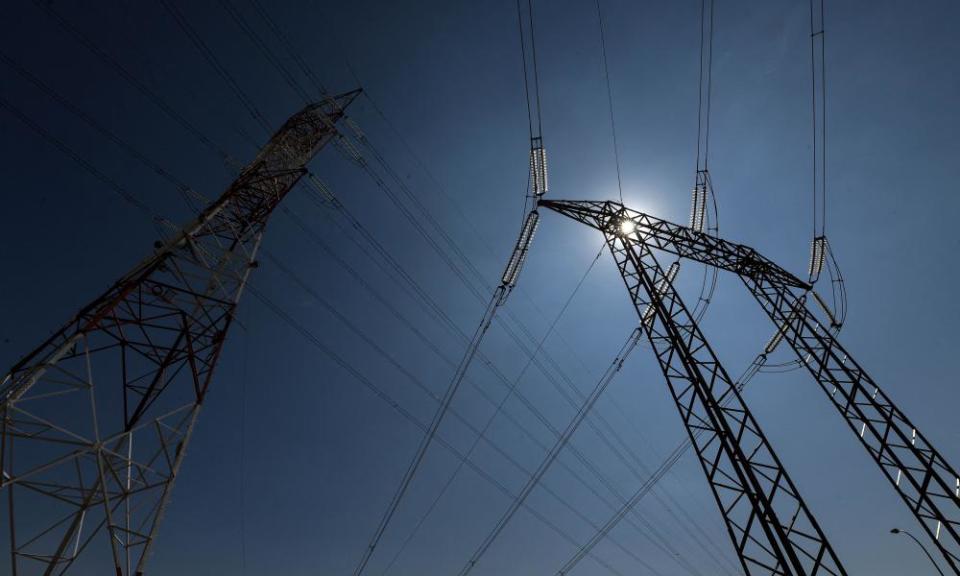Calls for one-off cash payments for people hit by UK energy bills crisis

The government should adopt a programme of “helicopter money” to support households hit by escalating energy bills, according to a leading thinktank with Labour and Tory MPs on its advisory board.
The Social Market Foundation (SMF) said the chancellor, Rishi Sunak, should support millions of low- and middle-income households through the cost of living crisis with a simple programme of US-style one-off cash payments worth £8.5bn. The proposal comes two weeks before the energy regulator, Ofgem, announces a rise of as much as £500 on the annual price cap on energy bills from April.
In a blog written by the SMF chief economist, Dr Aveek Bhattacharya, the thinktank urged Sunak to reject the overcomplicated solutions being put forward by the energy industry that would encourage people to use more energy and prop up ailing suppliers.
Bhattacharya said a cheque for £300 should be sent to households that did not have a higher rate taxpayer, with an additional £200 for those on universal credit or legacy benefits, helping those who rely on the basic state pension or disability benefits.
He said: “An emergency cash payment would also have the benefit of being a clear one-off intervention, whereas other proposals would risk committing the government to costly ongoing subsidies, that it would find politically difficult to end.”
When the pandemic hit in 2020 the Trump administration in the US rejected mechanisms to subsidise workers through a furlough scheme or welfare benefits, preferring a system of oneoff cash payments, described as “helicopter money”, to taxpayers on low and middle incomes.
Bhattacharya suggested the payments could be styled “Rishi’s cola (cost of living assistance)” and bear the chancellor’s signature.
The proposal follows calls from the Joseph Rowntree Foundation, an anti-poverty charity, for an “immediate emergency payment for people on the lowest incomes” to help them through the coming months.
Sunak is known to be considering a deal with energy companies to reduce the price cap to prevent inflation from escalating in April. A loan of as much as £20bn would be needed to maintain bills near current levels, according to energy industry leaders.
Inflation rose to 5.4% in December and, according to the Bank of England, will reach 6% in April when the energy cap is raised.
Bhattacharya said that by staggering the payments over several months “any contribution to rising inflation can be minimised, and potentially avoided”.

 Yahoo Sport
Yahoo Sport 





































